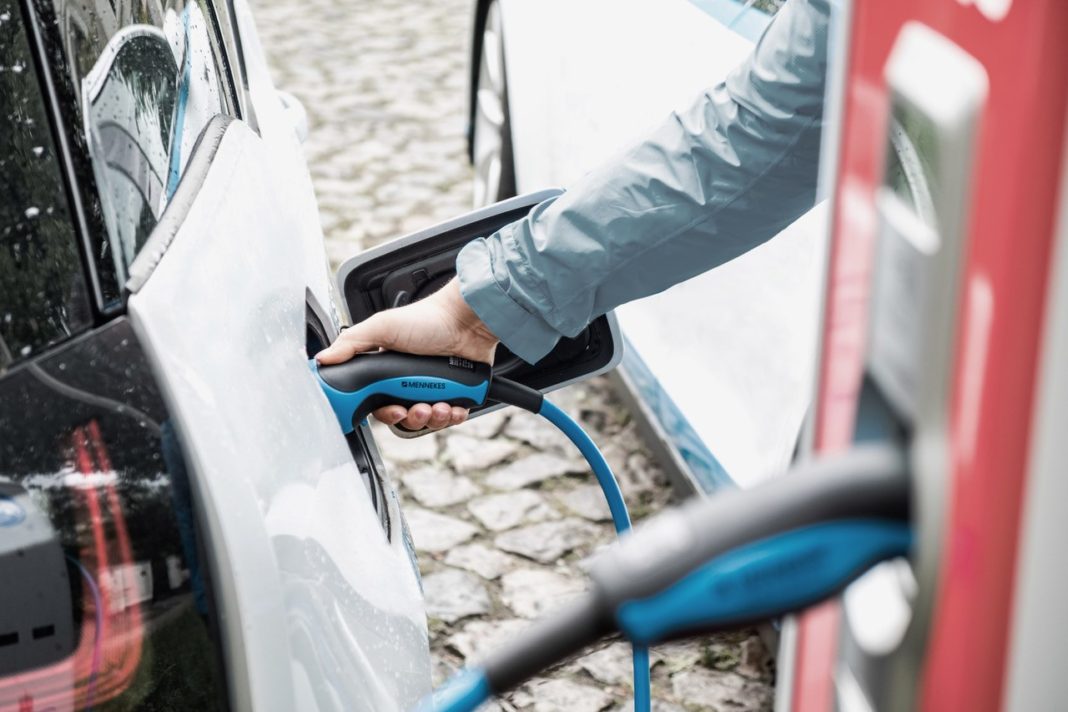FEATURED POST
Virtually every vehicle manufacturer has an EV either on the market or coming soon. These are not just luxury models from the likes of Tesla, Jaguar and Audi but also more affordable ‘volume’ brands such as Kia, Hyundai and Peugeot all with larger capacity batteries offering real world range of around 250 miles. Many models have very long delivery times due to high demand, so it’s worth planning ahead for vehicles to arrive on time.
Very quietly, in July this year, HMRC revised the normally set-in-stone Benefit-in-Kind (BIK) rates for company car drivers from April 2020, with most rates dropping by 2% from the previously published tables.
For fully electric vehicles the previously agreed 2% rate now falls to 0% in 2020/21 and then only 1% in 2021/22 and 2% in 2022/23. This means that a company car driver could save £1,000s each year compared to a similar high end car with a 30-35% BIK rate.
‘Pure’ Electric Vehicles also still enjoy the £3,500 incentive from the Office for Low Emission Vehicles off the purchase price (or rolled into the lease cost) as well as £500 towards both home charging points and workplace charging points.
The new requirement that all grant-funded charging points are Internet connected means that many can also report the charging usage so that employees can be reimbursed for charging their car or van at home.
Whilst the grants are easily accessible, not requiring upfront spend, the home installation does require a qualifying vehicle to have been sourced or on order. Workplace charging can be installed ahead of committing to vehicles but can only be used for staff and fleet vehicles, not visitors or customers. See www.drivenergy.uk/olev-grant-funding for more.
Contact
Tel: 0800-CHARGE (0800 242743)









